The need for blockchain network hosts has increased as organizations begin to investigate the potential of blockchain by developing blockchain apps.
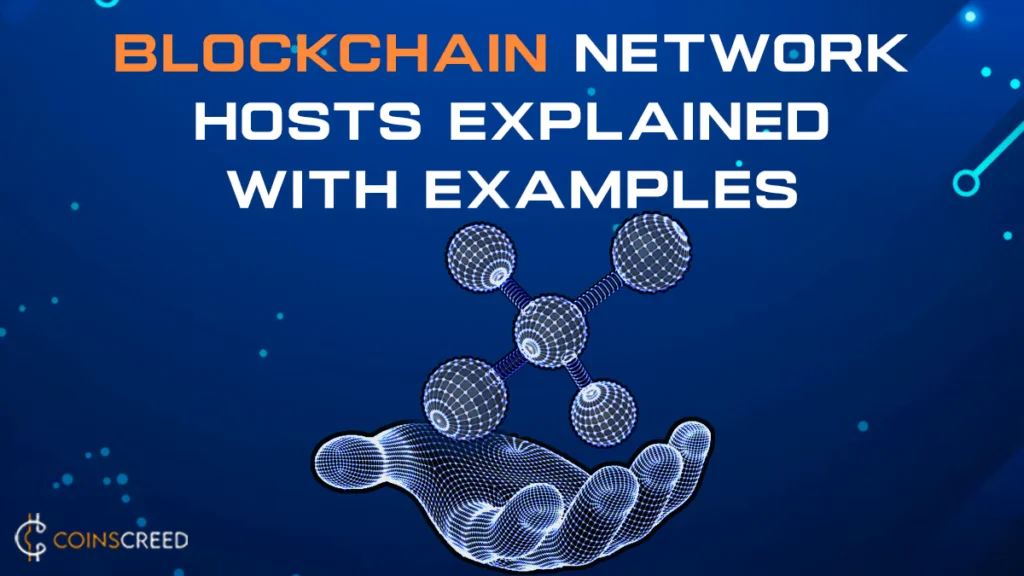
Research projects that the worldwide blockchain market would expand 67.3 percent between 2020 and 2025, from USD 3.0 billion in 2020 to USD 39.7 billion in 2025. As a result, there is a growing need for the ecosystem powered by blockchain to evolve securely and quickly. Blockchain network hosts are another manifestation of this growth.
What is Blockchain?
A blockchain is a shared distributed database or ledger between computer network nodes.
The innovation of a blockchain is that it fosters confidence without the necessity for a reliable third party by ensuring the fidelity and security of a record of data.
Blockchain organizes information into units called blocks, each of which contains a set of data. The blockchain is a chain of data made up of blocks with predetermined storage capacities that are closed when they are full and connected to the block that came before them.
To learn more about blockchain here is a List of top 10 Bitcoin and blockchain books to learn about blockchain technology.
What are blockchain network hosts?
The term “blockchain network hosts” refers to platforms that enable users and developers to build unique applications on top of existing blockchain infrastructure.
Using the decentralized blockchain network hosts technology, transactions may be tracked, recorded, and made easier. To prevent manipulation and fraud, these systems provide a public ledger based on historically distributed historical transactions across the globe.
Blockchain network hosts keep track of operations on a distributed ledger based on previous transactions and manage the life cycle of digitized assets.
They are used to carry out broadly distributed value transfers utilizing a growing collection of shared, immutable transactions that have been cryptographically sealed. Each record has linkages to earlier transactions as well as a time stamp. It’s a decentralized state transition device that tracks the evolution of digital assets and logs transactions in an unchangeable distributed ledger.
What to take into account while selecting a blockchain network host
Some factors could affect your decision regarding choosing the right blockchain network host for your blockchain project. The following factors need to be taken into account:
- The maturity or development status of the blockchain network host.
- The type of Blockchain suitable for your company I.e public, permissioned, or private blockchain network.
- The programming languages are supported by the blockchain network hosts.
- The reputation and popularity of the blockchain network host.
- The Blockchain Consensus Protocol the platform uses to achieve consensus such as Proof of Work, Proof of Stake, Proof of Burn, and many more.
- Smart Contracts Functionality which are responsible for validating, triggering, or enforcing actions on the blockchain systems.
- The kind of scalability your solution needs.
- Security of the blockchain network host.
- Costs of using the blockchain network host
Examples of blockchain network hosts
Different business demands are met by various Blockchain network host types. Here, we’ll go over some of the top blockchain network hosts you can utilize to swiftly and effectively create an ecosystem that is embedded with blockchain technology.
- NEO
- EOS
- IBM blockchain
- Tezos
- Ethereum
- Hyperledger Fabric
NEO
NEO is a platform for smart contracts, much like Ethereum, on which programmers can create DApps.
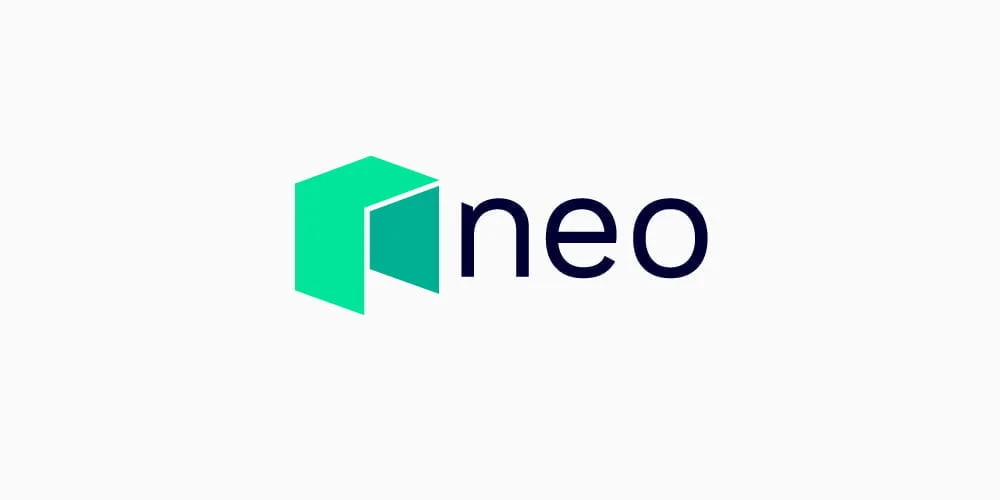
The same partners who founded the blockchain R&D company “OnChain” in Shanghai, Da Hongfei (CEO) and Erik Zhang, founded Neo (CTO).
The NEO blockchain’s primary asset is the NEO token, which is intended to be used to create scalable decentralized applications. The NEO token’s function is to produce GAS tokens, which can be used to pay network transaction costs for running apps.
Delegated Byzantine Fault Tolerance is the consensus algorithm used by Neo. Neo’s developers chose this protocol because it offers superior performance and scalability compared to alternative consensus processes.
Key Features of NEO
- NEO boasts a GDPR-compliant digital identification solution and states that it places a high priority on regulatory compliance.
- NEO is the network’s native cryptocurrency, but developers can also establish their crypto tokens for their DApps on this platform.
- Smart contracts on NEO may be programmed using C#, Java, and Python.
- Due to its “Delegated Byzantine Fault Tolerance” consensus method, NEO claims to perform better than Ethereum. Record transactions require consent from two-thirds of the delegates, and transactions are validated by a team of clearly designated delegates.
- The NEO Foundation supports off-chain governance, while NEO token holders control on-chain operations.
EOS
EOS is a blockchain platform that was established by a private corporation, Block.one, and released as open-source software in June 2018.
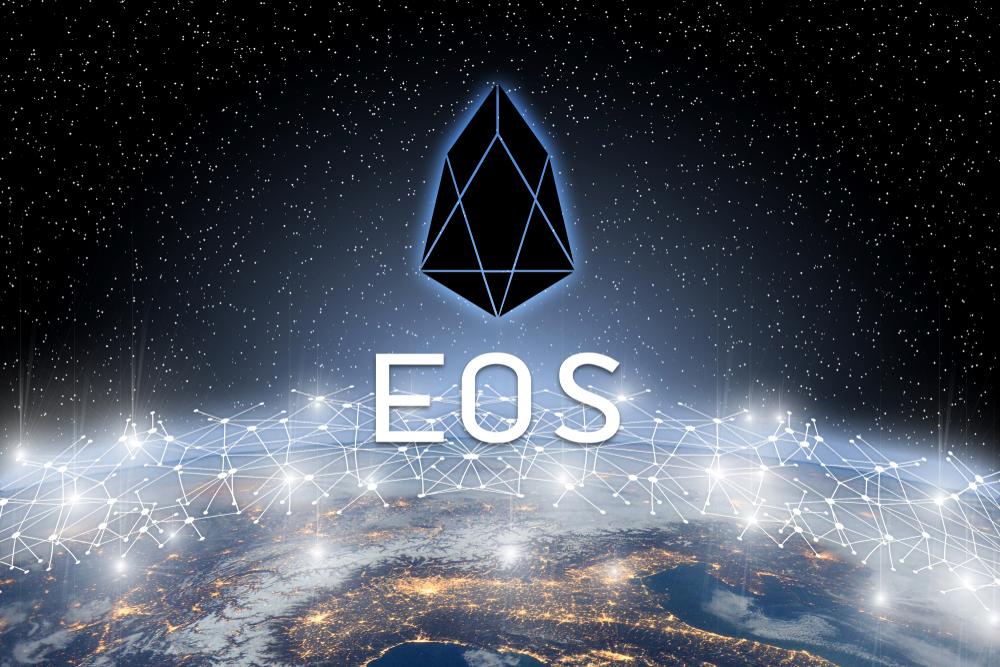
It is intended for dApp development (Decentralized applications). One billion ERC-20 tokens were allocated by the corporation to ensure that their cryptocurrency was widely available and that anyone could utilize the EOS blockchain after it had been launched.
The platform seeks to address Ethereum and Bitcoin scalability challenges by providing decentralized application hosting, decentralized storage for enterprise applications, and smart contract functionality. Additionally, it does away with fees for all users, i.e., no money is required to utilize a dApp built on the EOS platform.
Key features of EOS
- Using EOS’s native coin, developers can build and use DApps on the platform.
- Since EOS is industry-neutral, programmers can design DApps that are relevant to any industry.
- The well-known programming language C++ can be used by programmers to create smart contracts for EOS.
- The “Delegated Proof of Stake” (DPoS) consensus process used by EOS aids in scaling.
- Since users pay for bandwidth with their tokens, the platform has been effective in eliminating additional fees. When contrasted to Ethereum, this is a benefit.
- The “EOSIO Core Arbitration Forum” (ECAF) oversees this network.
IBM blockchain
IBM is the first company to employ blockchain technology to build transparent and effective business processes.
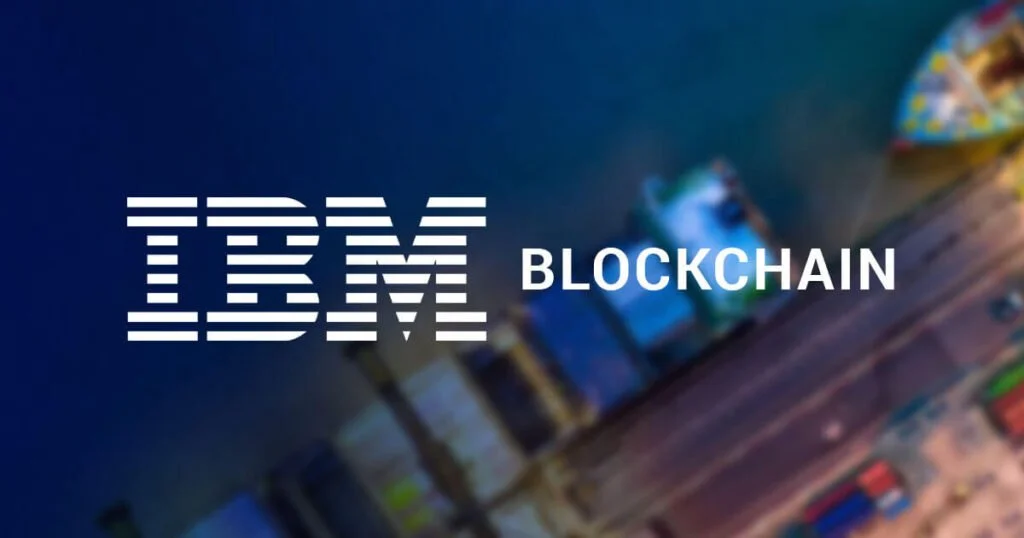
The IBM blockchain platform is a well-liked platform. This platform offers a full-stack, managed blockchain-as-a-service that enables users to deploy their blockchain components in a setting of their choice. By utilizing this IBM blockchain platform, users can build, utilize, and expand their blockchain network.
Key features of IBM blockchain
- By streamlining network setup, this technology enables businesses to swiftly launch decentralized networks.
- Additionally, it provides governance tools, development tools, and practical templates.
- Using this platform makes it simple to deploy smart contracts and scale the network.
- The IBM Blockchain Platform provides amazing integration features as well as SDKs for creating apps using Hyperledger Fabric.
- The platform provides quick deployment tools and processes.
Tezos
Tezos (XTZ) is a self-upgrading, open-source blockchain platform for developing and hosting decentralized assets and applications.
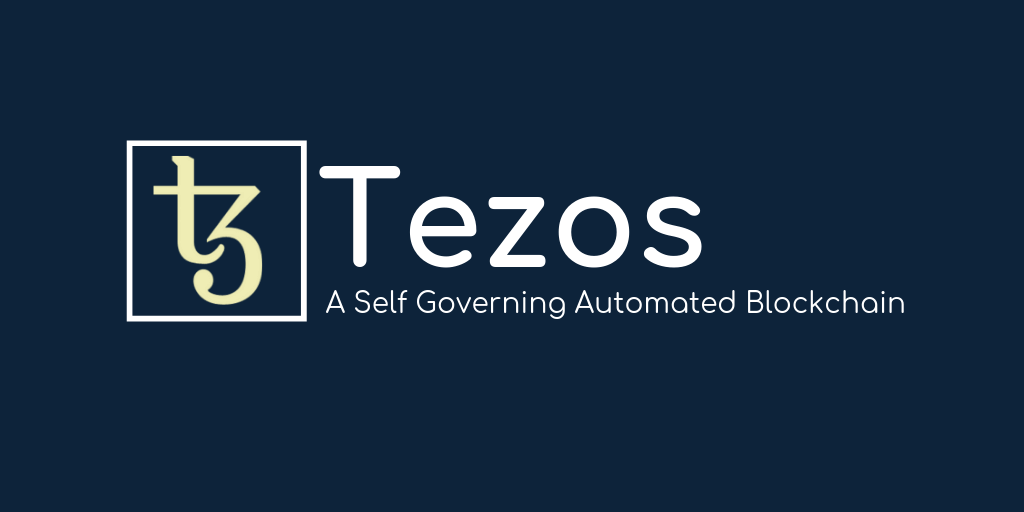
Tezos is a self-governing, decentralized blockchain platform that creates a true digital commonwealth. It is a platform connected to a Tezzie or Tez digital coin. But the platform’s foundation does not lie in Tez mining. Instead, token holders receive compensation for taking part in the proof-of-stake consensus algorithm.
Key features of Tezos
- Tezos is a platform for smart contracts and decentralized applications (dApps), but what sets it apart from the competition is its self-amending cryptographic system.
- Tezos uses a variant of PoS called liquid staking that allows users to use their XTZ for rewards rather than stake them. The method Tezos employs to include fresh blocks of transactions to its blockchain is called baking.
- Tezos may upgrade without a fork, keeping users and developers up and running. Every time a certain blockchain’s existing state is altered, a fork takes place.
- Tezos makes use of formal verification, a technique for confirming that a program complies with predetermined requirements.
Ethereum
The most widely used platform for public blockchain networks is Ethereum. It enables users to develop games, bitcoin wallets, decentralized markets, innovative financial apps, and much more.
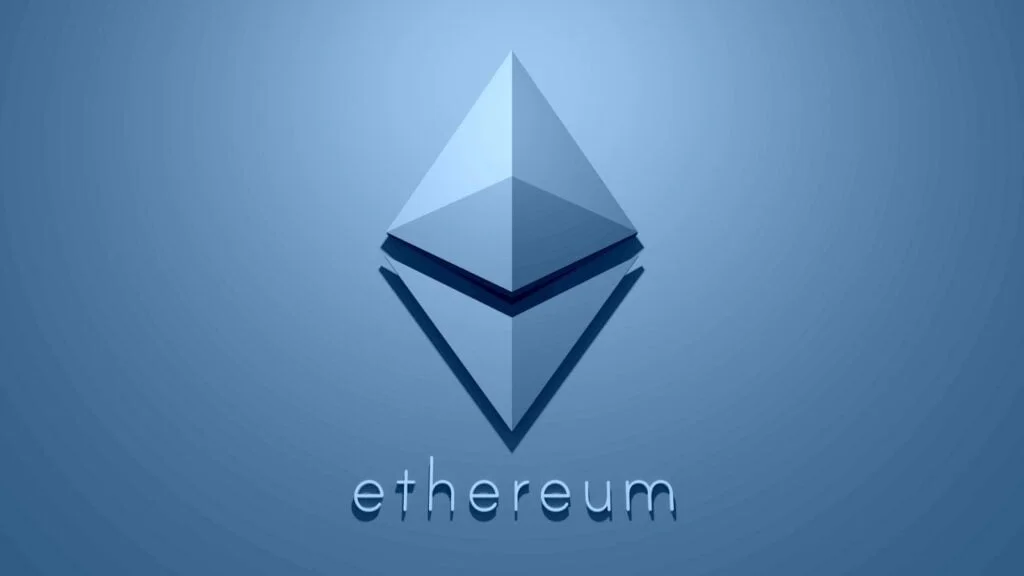
This platform’s primary goal is to block third parties from accessing data that is saved for future financial instrument tracking. The largest community of cypherpunks, mining companies, crypto-economic researchers, and core protocol developers is found in Ethereum.
Key features of Ethereum
- Developers can create DApps that function on the Ethereum network by using the “Ethereum Virtual Machine” (EVM) that Ethereum provides.
- Data encryption, digital signatures, and fully decentralized security are all provided by Ethereum.
- It is Turing complete and supports Smart Contracts.
- Using Ethereum’s proprietary language Solidity, programmers may create smart contracts and deploy them on the Ethereum network.
- It offers the tokenization function. The native token on the Ethereum network is called ether.
- For their DApps, developers can create custom crypto coins. Ethereum has set standards for digital tokens, such as the non-fungible token standard ERC20.
- The “Proof of Stake” (PoS) consensus algorithm has been adopted by the Ethereum project team.
Hyperledger Fabric
Hyperledger Fabric is a permissioned Blockchain network created by groups of companies who join forces to form a consortium.
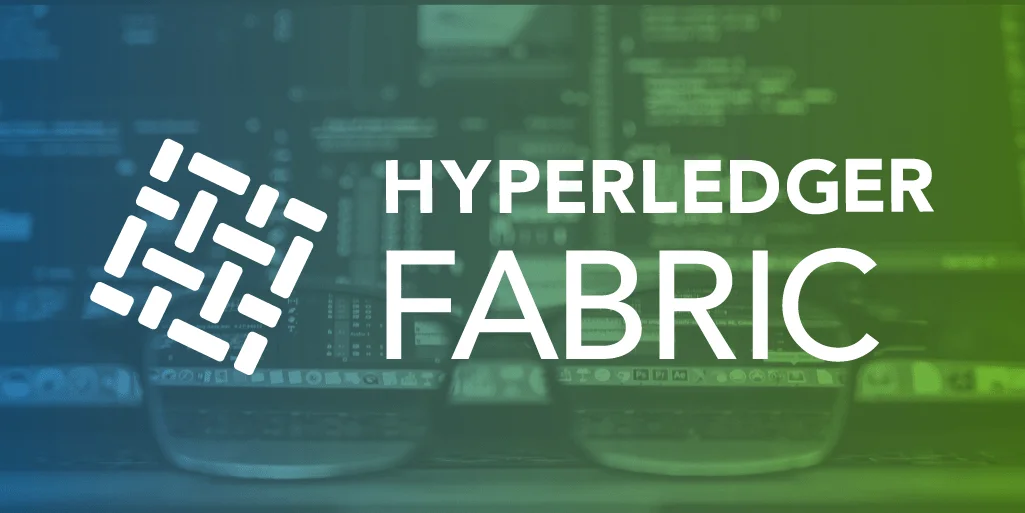
Two essential qualities for Blockchain use cases are modularity and adaptability, and Hyperledger Fabric seeks to provide both of these in an enterprise-grade distributed ledger platform.
By utilizing plug-and-play components like privacy, consensus, and permissioned services, Hyperledger Fabric’s modular design adapts to the variety of industry use cases of Blockchain technology with ease.
Key features of Hyperledger Fabric
- It has a plug-and-play consensus and a highly modular, permissioned design.
- It offers the ability to deploy any desired solution model thanks to its open smart contract methodology (account model, UTXO model, etc.).
- It confirms quickly and has a minimum latency of finality.
- It supports queryable data, EVM, and Solidity (key-based queries and JSON queries).
- It supports multiple languages for smart contracts, including Go, Java, and Javascript.
- It provides a flexible approach to data privacy, performing data isolation via “channels” and data sharing based on need-to-know using “collections” of private data.
- It has a flexible endorsement approach that may be used to win over necessary organizations.
- It enables continuous operations, including asymmetric version support and rolling upgrades.
Conclusion
The adoption of blockchain technology is expanding. Since businesses have begun to investigate the potential of blockchain, the demand for blockchain network hosts has expanded along with the popularity of blockchain.
An outstanding blockchain network host can assist you whether you want to start a decentralized company or use blockchain technology in your organization to increase efficiency.
Finding the best blockchain network hosts can significantly impact how well your blockchain system performs.
